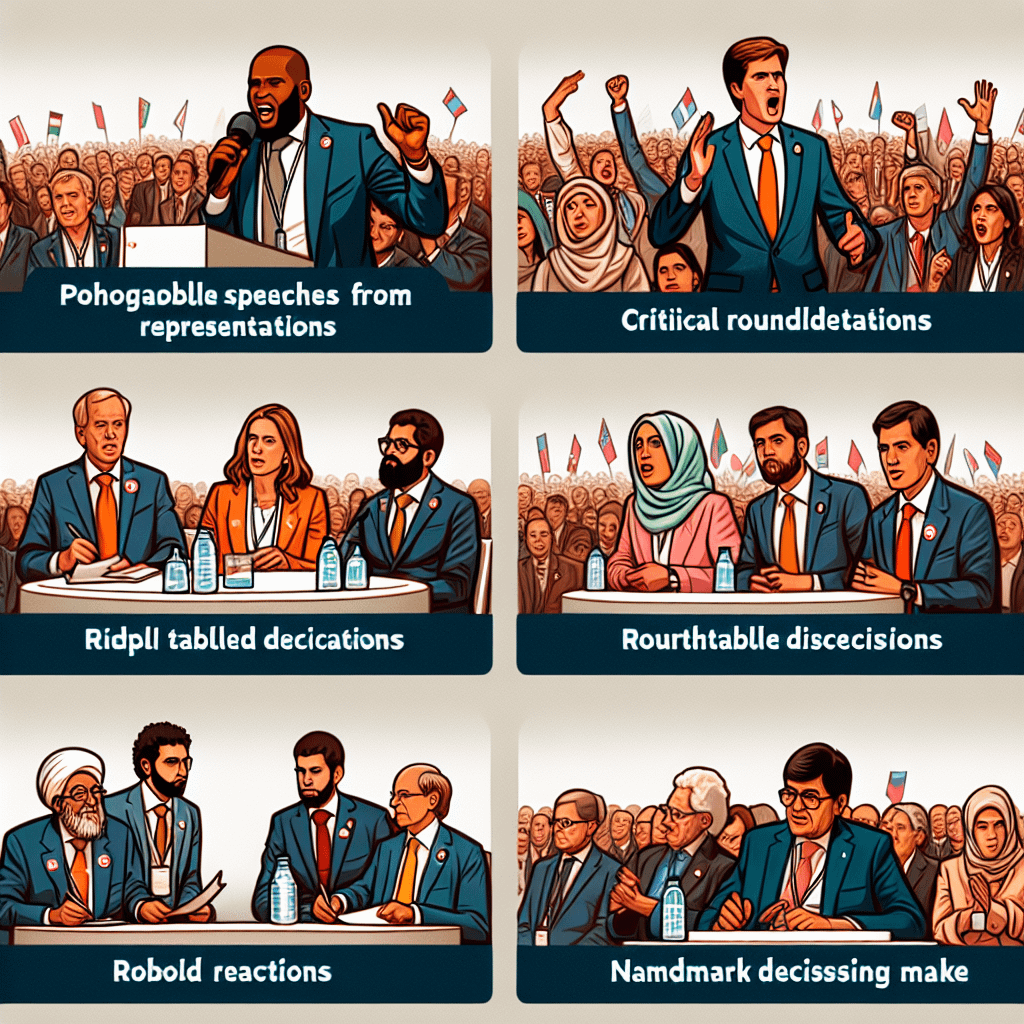Over two weeks in November, more than 55,000 government negotiators, business representatives, activists and journalists gathered in Azerbaijan’s capital Baku for the annual conference of parties (COP) to the UN’s climate change convention (UNFCCC).They were joined on the opening days of COP29 by about 105 heads of state and government who made back-to-back speeches. Most, like UNFCCC Executive Secretary Simon Stiell, emphasised the urgency of addressing the climate crisis. But the host, Azerbaijan’s President Ilham Aliyev, went the other way with a speech praising fossil fuels as a “gift of the god” and calling on leaders to be “realistic”.
Negotiators and ministers then got to work hammering out a new goal to finance climate action in developing countries after the current one runs out next year. Those talks inched forward for two weeks, with rich nations refusing to put a concrete offer on the table.
At the last minute, as the pavilions of the international trade show that accompanies COPs were packed away on the official closing day, the negotiations exploded. On that Friday, a number for the core finance goal was finally put on the table, sparking anger among developing nations which dismissed it as too low. On Saturday evening, negotiators from small islands and the world’s poorest countries stormed out – and a target of $300bn a year by 2035 was pushed through in controversial circumstances in the early hours of Sunday.
Fractious COP29 lands $300bn climate finance goal, dashing hopes of the poorest
Climate Home had a reporting team in Baku throughout, producing a bulletin and newsletter each day. As well as our explainer on what was agreed at COP29, below we bring you our five most dramatic moments from the Baku talks.
1.UN’s climate head gets personal
At the start of every COP, the head of the UN’s climate body gives what amounts to a motivational speech, calling on governments to do more to tackle the climate crisis.
This year, instead of reeling off statistics or listing climate-driven disasters, Simon Stiell got personal. He became emotional as he put up on a big screen a photograph of him hugging his neighbour Florence in front of her hurricane-destroyed house on their native Caribbean island of Carriacou (part of Grenada).
“At 85, Florence has become one of the millions of victims of climate change this year alone,” he said. In perhaps a coded reference to Donald Trump’s recent election as US president, he said Florence was “knocked down and getting back up again” – and government officials in the audience should too.
2. Host-nation leader calls fossil fuels “gift of the god”
On COP29’s second day, after a long cultural ceremony of music and dancing, Azerbaijan’s President Ilham Aliyev kicked off a series of speeches by the UN secretary-general and world leaders – and used it to double down on his past public backing of fossil fuels.
After attacking American”fake news media” and “so

